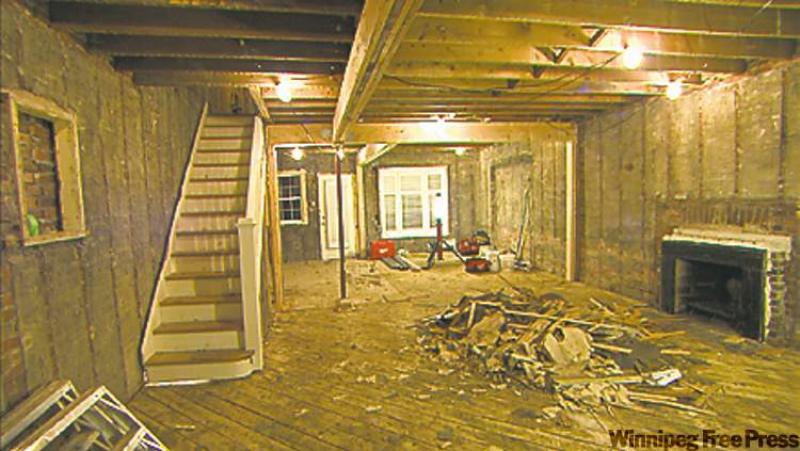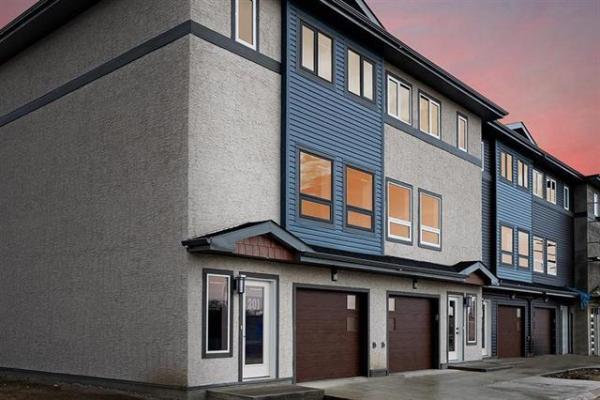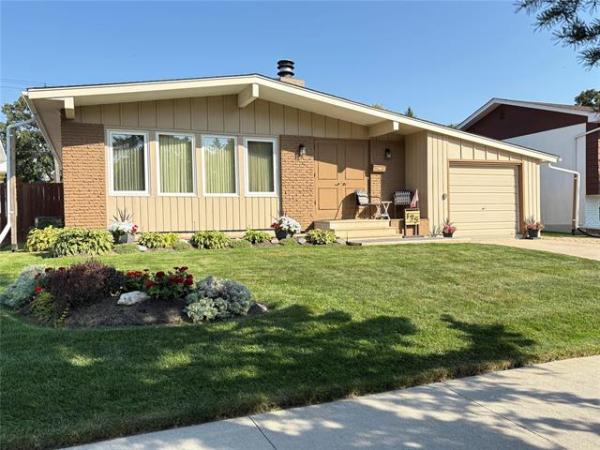I often get asked why, when we know how to build things better, we don't change building code to require it. That's a good question. Why, when we know certain standard building methods and materials will lead to problems in your home, do we still keeping using them?
First, we need to understand building code. Basically, it's a set of rules that have developed to govern how houses are built to provide minimum standards for safety. Minimum code makes sure your house won't fall down, that your roof will stay attached, that your floors will hold the weight of furniture and people, that your railings are high enough that the average person won't fall over the balcony, or if a fire breaks out in a part of your home it won't spread quickly. To my mind, minimum code is about minimum value. And it's definitely not about sustainability.
Some code does relate directly to efficiency -- minimum R-value for insulation, for example. If we add more insulation in new buildings, that means less heating and cooling costs and less demand for energy, which is a good thing for the environment.
Minimum isn't ideal -- and you've heard me complain about minimum code for years. Hey, don't get me wrong; minimum code is better than no code. But minimum code just isn't about forcing builders to make houses sustainable or green.
The only way to change the building industry is to create demand for better products. There was a time years ago when the standard way to lay tile in a bathroom was cement and mesh on plywood. That was the way it had always been done, and that's what contractors knew and what homeowners expected. Then people started to see the orange Schluter product used on certain TV shows. Mine, for instance.
The more it was shown and the more consumers learned about how good a product it was, the more they demanded it from their contractors. No one even knew the name -- they'd call it that orange stuff when they went to the building supply store.
Now it's standard --it's not part of code -- but everyone knows it. Sales of that product and similar products are through the roof. It's a superior product but you'll never see it as part of minimum code. It's about doing the job right, and about making it last longer.
That's how we need to change building practices for green products. You, the consumer have to drive that demand. It won't come from stores and it won't come from suppliers and it won't come from government. It has to come from you. Consumers need to demand green and healthy products.
Demand no-VOC (Volatile Organic Compounds) paints and stains and carpets. Use only sustainable Forest Stewardship Council wood and flooring. Refuse to buy anything else. Believe me, when manufacturers and retailers start to sell green products, they'll produce and stock them.
You also need to consider the life span of products. Yes, asphalt shingles are less expensive than a metal roof, but they last a fraction of the time, are difficult to recycle, are an oil-based product, contribute to urban heat islands and they off gas like crazy. And they burn. We can do better than that.
Spend the extra money, have a roof that lasts a lifetime -- or longer -- and your house's value will increase when it's time to sell. Think long term, not short term.
I once had a conversation with the president of a building supply store chain and I suggested they stop selling crap products. Why are they selling materials that will mould, that will rot, that are the low end of the scale when there is better stuff on the market? I told the president to sell only the best products, the greenest products. They'd be the No. 1 retailer in building materials. And I was schooled in retail: They stock what sells. So that means it's up to you.
I can't change code and really don't care to. Change won't come from government. And it definitely won't come from builders and suppliers. But if we all demand better, and don't settle for crap, then builders will start to make better houses. If bad houses don't sell, and good ones do; you do the math.
You have the power. Take it.
-- Postmedia News
Catch Mike in his brand-new series, Holmes Inspection, airing Thursdays at 8 p.m. ET/PT on HGTV. For more information visit www.hgtv.ca.
Do you have a question about home renovations? Email mike@makeitright.ca.




